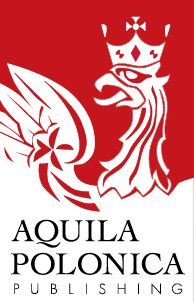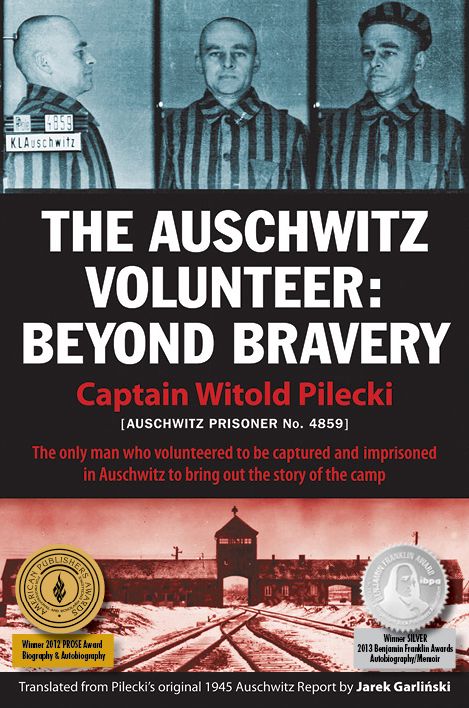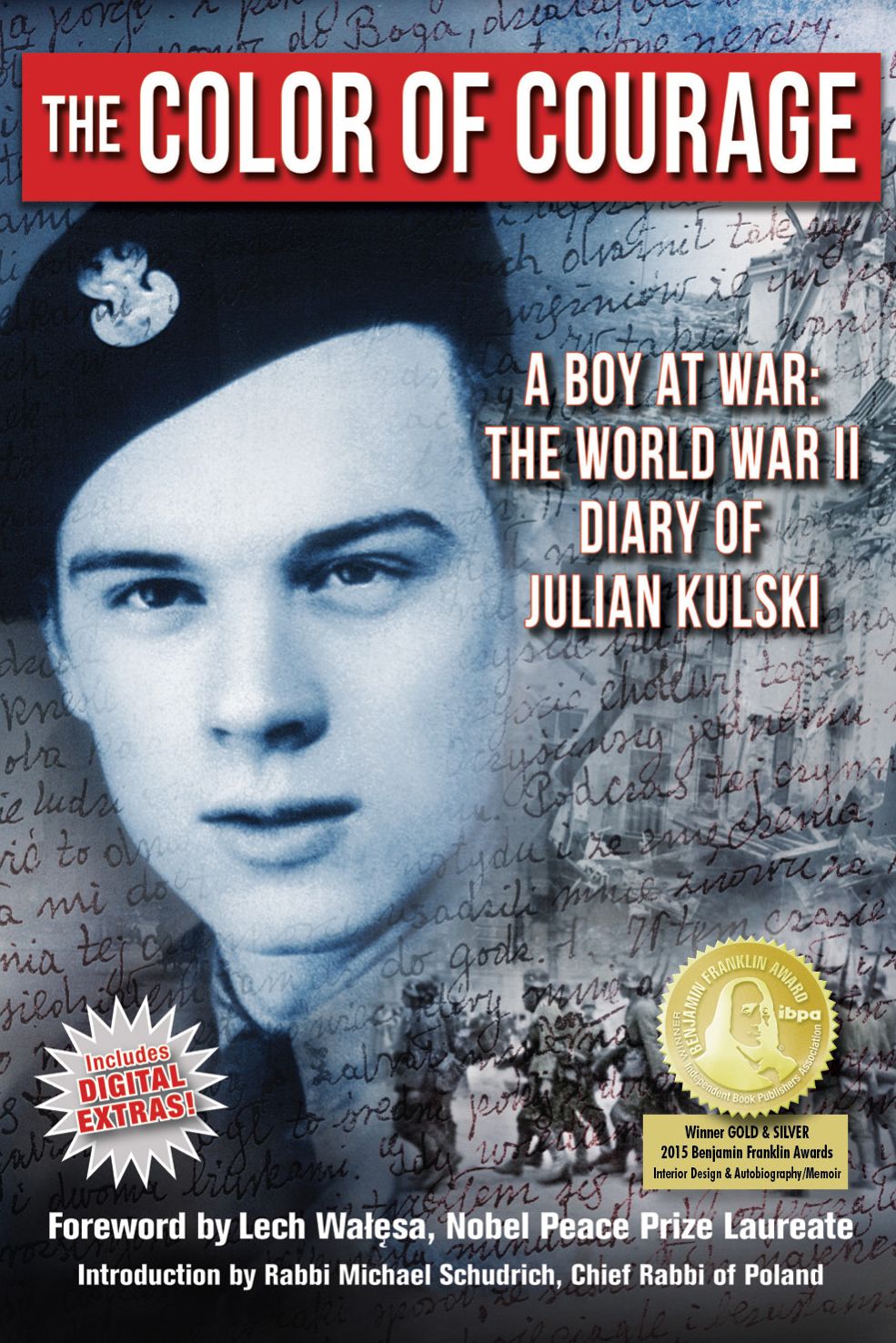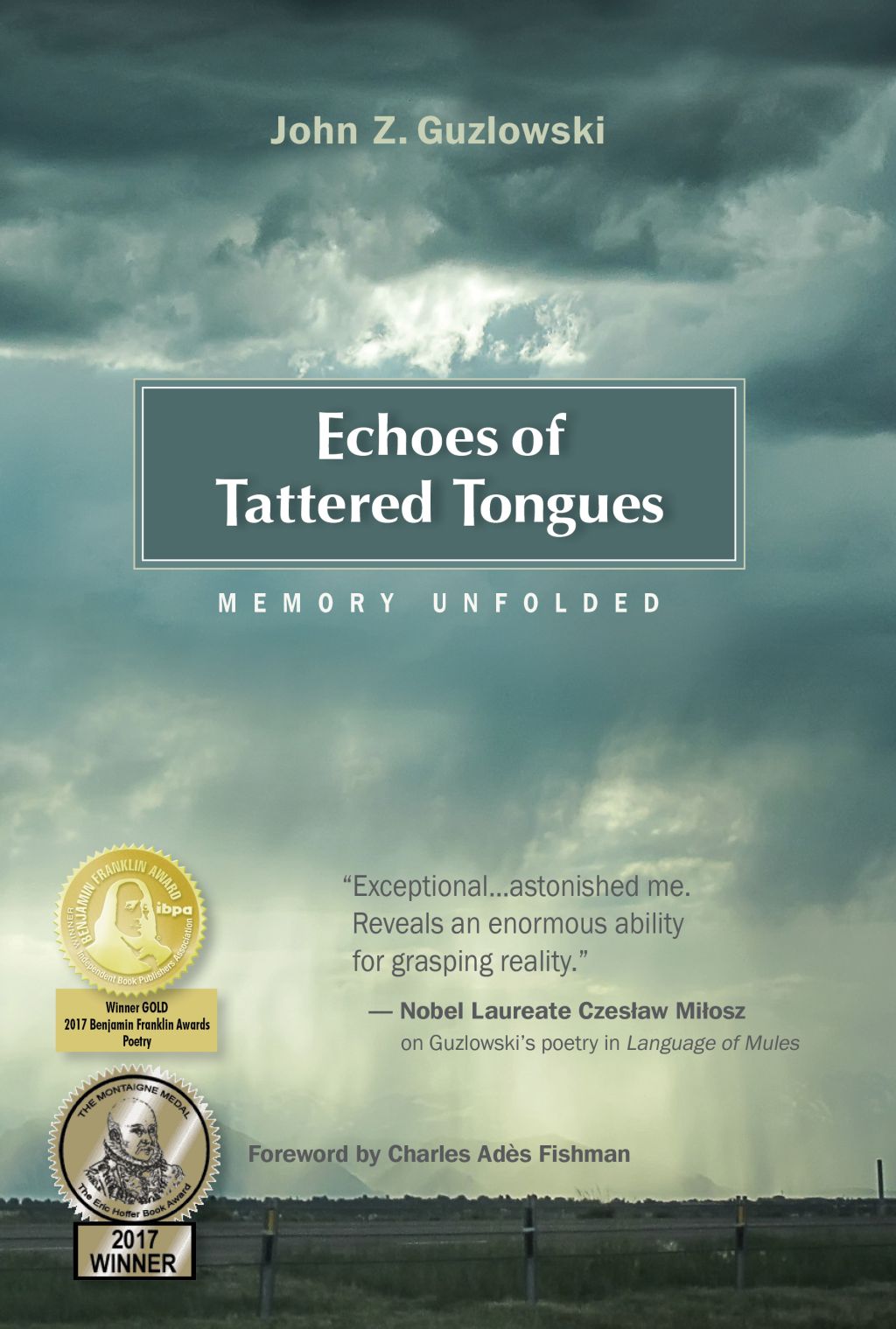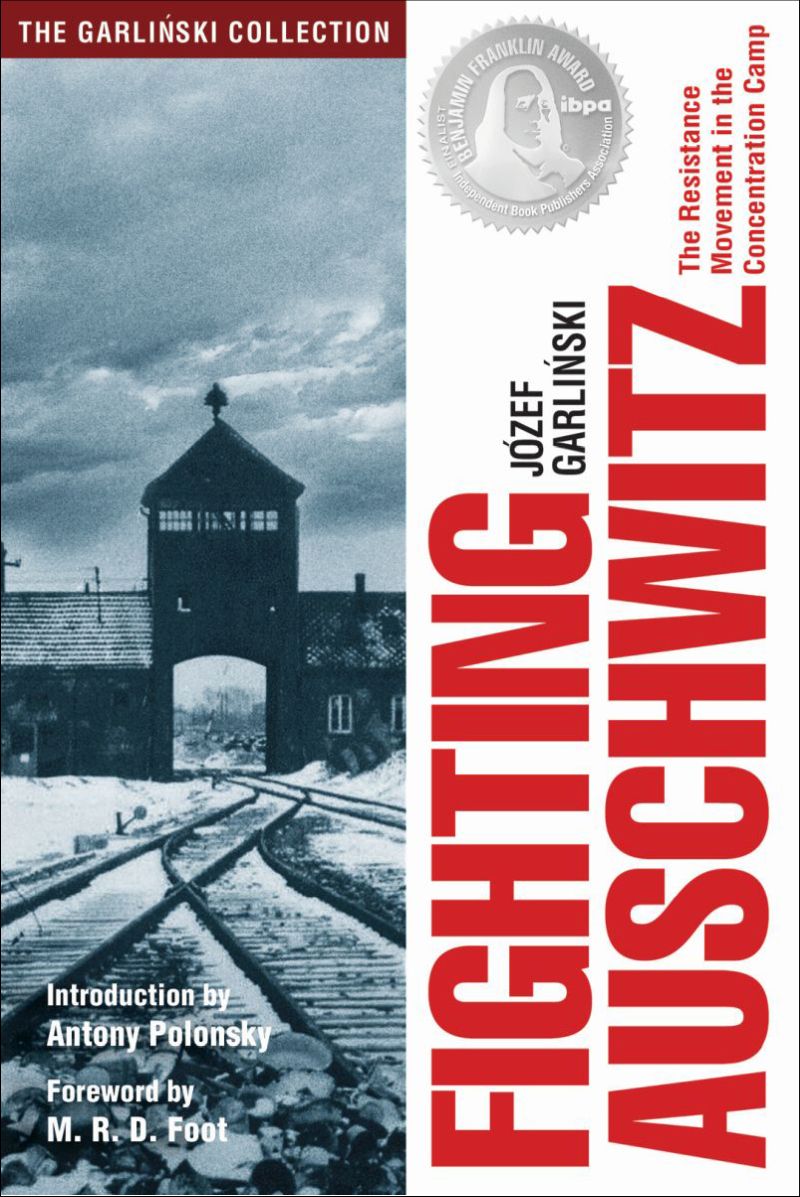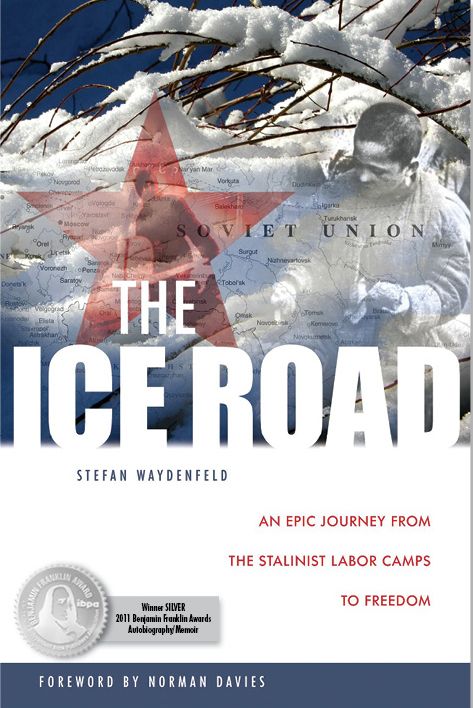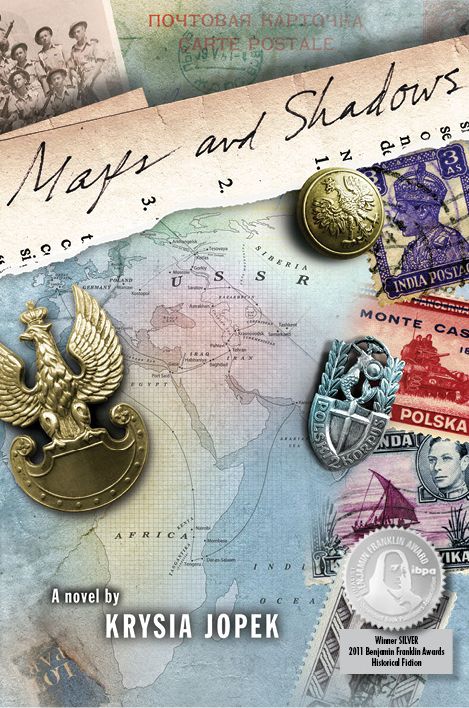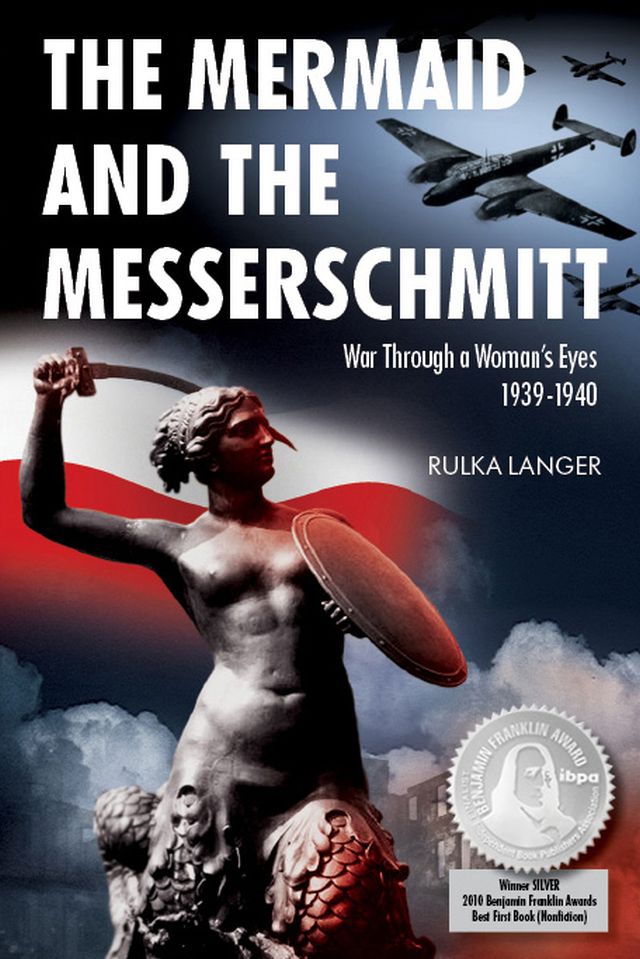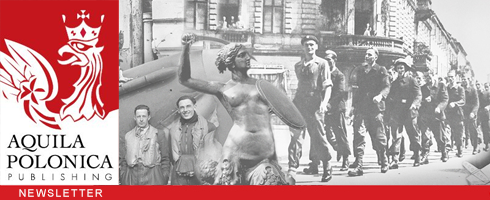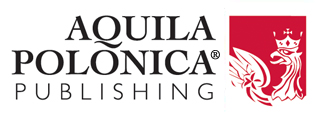THE ICE ROAD: An Epic Journey from the Stalinist Labor Camps to Freedom
by Stefan Waydenfeld
Foreword by Professor Norman Davies, FBA
Format, ISBN & Retail Price:
Hardcover: 978-1-60772-002-7 ($28.95)
Trade Paperback: 978-1-60772-003-4 ($26.95)
Ebook (all major formats): 978-1-60772-017-1 ($12.99)
Audiobook: Audible.com
Size: 6 in x 9 in
Page Count: 416
Includes: More than 70 black & white photos, maps and illustrations; contextualizing historical material; epilogue; interview with the author; Reading Group Guide.
The Ice Road
Audio-Visual
Author Readings:
THE LECTURE
Transcript for “The Lecture,” from The Ice Road, p. 47:
“Father was terrified when, innocently pleased with myself, I told him about our school celebrations and my role in them. He gave me a lecture on the five basic rules of self-preservation in a totalitarian state: don’t stick your head out, don’t show off, don’t be clever, don’t trust anybody, don’t volunteer. Over the next few years the lecture stood me in good stead.”
THE SUN WAS ON THE WRONG SIDE
Transcript for “The Sun Was on the Wrong Side,” from The Ice Road, p. 77:
“Suddenly, I was unhappy. Something was wrong. But what? And then it hit me. The sun was on the wrong side. We were going east, not west to Warsaw, but east towards the rising sun.”
KVASHA
Transcript for “Kvasha,” from The Ice Road, p. 91:
“One of the officers had three rectangles on his collar: a colonel. He raised his right arm, silence fell. He spoke calmly in the polished Russian of an educated man. Even though my Russian was still limited, the gist of his speech was easy to follow: the settlement was called Kvasha and we would spend the rest of our lives here. We had been brought to Kvasha to be re-educated into earning our living by honest toil.
“He added: ‘You will live by the basic tenet of socialism: he who does not work, does not eat.’
“Then he spoke at length about the generosity of the Soviet government that took care not only of its citizens but also of foreigners, even if they were such enemies of the people as ourselves.”
THE PRIVILEGE OF YOUTH
Transcript for “The Privilege of Youth,” from The Ice Road, pp. 92–93:
“I would like to be able to describe our life in the settlement in a coherent way, day by day, but, as I kept no diary, this is impossible. Also, as is the privilege of youth, I lived my own life and only many years later, when I thought of our time in Siberia, did it strike me how ignorant I had been at the time of the sufferings of others and of the enormous difficulties of everyday life.
“Couples, including newly married ones, lived in communal quarters. The old—and in those days people over fifty were ‘old’—the disabled, even those simply not used to heavy physical work, must have found life very hard indeed.
“My father suffered ill-health in the Soviet Union and was never to regain his strength. My mother rapidly became an old woman.
“As for myself . . . I learned much which stood me in good stead in later life—hard manual work was not a bad introduction to adulthood. In the forest I managed to earn far more than my father and my earnings became an important element in our family budget. This gave me confidence and a feeling of self-worth.
“I also fell in love in Kvasha for the first time. I am almost ashamed to admit it, but at times I enjoyed my time in Siberia.”
Metamorphosis:
AUTHOR’S FATHER, 1938–1942: watch how he changed, from before the war to after his time in the Siberian forced labor camp
AUTHOR’S MOTHER, 1938–1942: watch how she changed, from before the war to after her time in the Siberian forced labor camp
SOVIET DOMINATION OF EUROPE, 1938–1949: watch how the communists expanded their control over Eastern Europe after World War II
Share this:
- Click to share on Facebook (Opens in new window)
- Click to share on X (Opens in new window)
- Click to email a link to a friend (Opens in new window)
- Click to share on LinkedIn (Opens in new window)
- Click to share on Twitter (Opens in new window)
- Click to share on Tumblr (Opens in new window)
- Click to share on Pinterest (Opens in new window)
